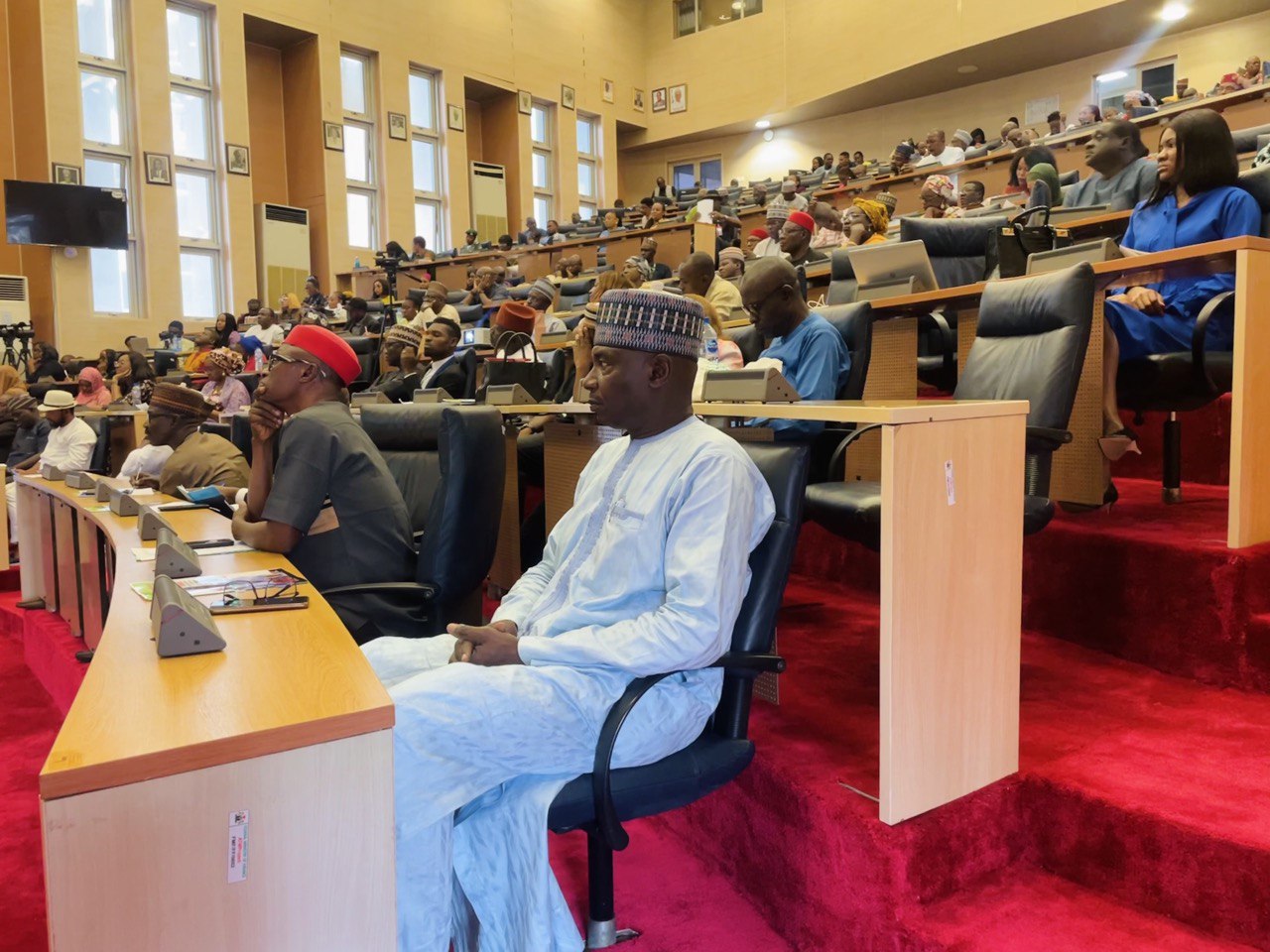At the monthly lunchtime of the Bureau of Public Service Reforms (BPSR) to discuss opportunities and potentials of the Nigeria’s blue economy, the Director General of the Nigeria Maritime Administration and Safety Agency (NIMASA), Dr. Bashir Jamoh has said that the nation’s strategic plan to harness potential of blue economy adequately cater for environmental sustainability.
The Center welcomes the drive for blue economy, especially as it factored environment sustainability. Some of the components of the Center’s countering organize crimes project (COCP) are environmental and maritime crime.
The Center promotes advocacies around protecting life below water (SDG 14), plastic pollution and improper disposal of hazardous wastes, illegal fishing among others, and provide data that will enable state actors deal with environmental and maritime crimes.
Speaking to the theme of the seminar; “Banking on Blue Economy for Nigeria’s Economic Development” Jamoh said that Nigeria’s with a coastline bordering the Atlantic Ocean from Badagry to Bakassi should be one of the leaders in blue economy which is reportedly valued at $24 trillion and would have been the 7th largest economy in the world if it were a country.
He said that at a time the world is working hard to phase out fossil fuel industry, the government is diversifying into blue economy through a Strategic Roadmap, and enjoined Nigerians to explore the rich economic potential of the oceans.
The DG noted that one of the interventions the Agency has embarked on is the “Waste to Wealth Programme / Employment Generation” which has empowered about 1,190 Marine Litter Marshals as means of addressing plastic pollution and other human induced crimes.
He called on citizens to be “Blue Economy Ambassadors” by rethinking “our waters” from a ceremonial to a commercial view.
In his remarks, the Director General of the BPSR, Mr. Dasuki Arabi said that the seminar is put together as part of the Bureau’s steadfast commitment to explore avenues for sustainable economic development for the country. He noted that the blue economy which encompasses the sustainable use of marine resources and the preservation of marine environment holds significant promise for unlocking vast opportunities that lie on waters.
The DG pointed out that the concept of the blue economy goes beyond traditional maritime activities, and involve a holistic approach that balances economic growth, environmental sustainability, and social inclusivity.
“By exploring innovative strategies and policies, we can maximize the economic benefits derived from our maritime resources while preserving the delicate balance of our ecosystems and uplifting the lives of our people,” the DG added.
The Center looks forward to working with stakeholders and monitoring the execution of the government’s blue economy plan to ensure that the ecosystem is protected and preserved.

